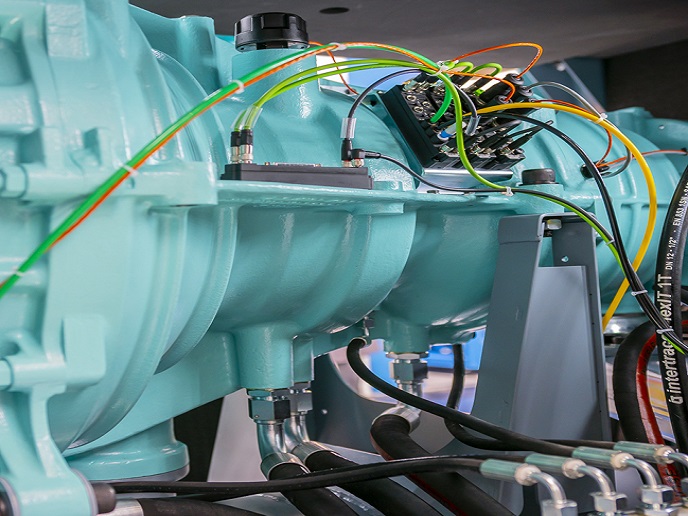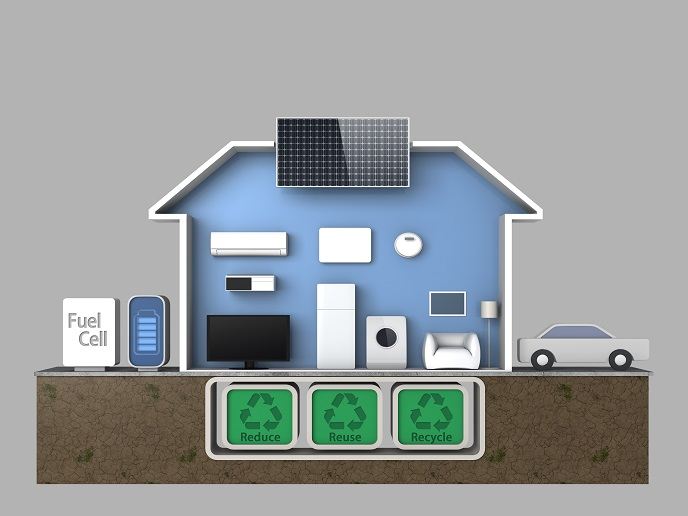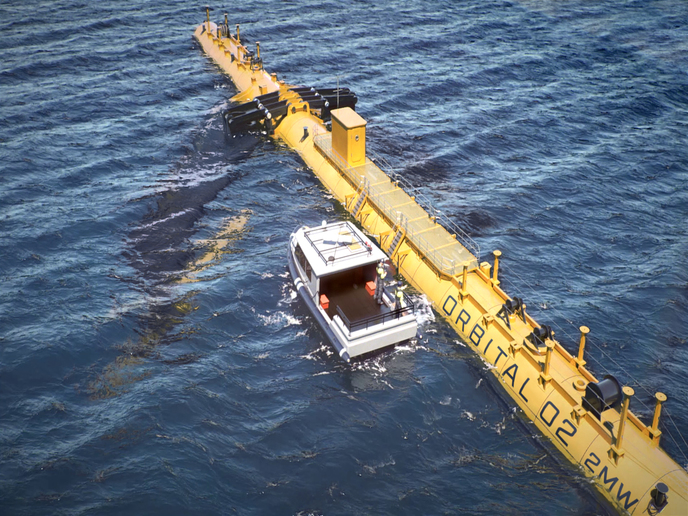Accelerating the digitisation and decarbonisation of energy-intensive industries
Digitisation and improved process control can have significant impact on the environmental footprint of industrial processes, but process industries are lagging in the digital transition. The EU-funded COGNIPLANT(opens in new window) project has enabled energy-intensive industries (EIIs) to harness big data via a flexible cloud architecture, advanced data analytics and machine learning. Predictive models and digital twins enhanced sustainability in four use cases: chemicals, concrete, aluminium and metals.
Big data handling, machine learning models and digital twins
COGNIPLANT’s common cloud infrastructure can flexibly collect, store, process and display data and analytics from any EII’s workflows. Within this same infrastructure, a predictive modelling system using data mining and machine learning was deployed. The integration of the predictive modelling in the cloud-based architecture enabled efficient management of model training via the big data as well as model deployment, execution and maintenance. According to project coordinator Pedro Maria De la Peña Tejada of www.ibermatica.com (Ibermática) (now an Ayesa company)(opens in new window): “Multiple machine learning models simulate different aspects of industrial processes. For example, they can predict the amount of energy required to reach a certain temperature in a steel casting or the steam required in a Bayer process(opens in new window) for the production of aluminium.” Two types of digital twins were also developed. One focused on providing feedback to the operator regarding the optimal process parameters required to achieve a target variable, and the other was designed to adjust production process parameters dynamically in real time.
Accelerating digitisation – and decarbonisation – of process industries
“Many of the developments were the first step toward digitisation and data utilisation for process control for the process industries involved. This made the project’s initial phase complex in terms of having a common language and unified expectations,” notes De la Peña. Once this was overcome, progress accelerated quickly. For each use case, an on-site training session for each of the pilots was organised for the employees. The training materials for each of the use cases are available on the project website, to inspire and support others in reducing the resource and energy inefficiency and environmental impact of process industries. The hierarchical monitoring and supervisory control providing users with information on performance, energy consumption and resource use enabled the process industry pilots to significantly decrease their environmental impact. The energy consumption of some processes was reduced by about 10 %. One of the partners reduced CO2 emissions by up to 8 100 tonnes, while others reduced CO2 emissions from 19-30 %. Some partners also reduced scrap by up to 15 %. “The reduction in raw materials use, energy consumption and CO2 emissions achieved with COGNIPLANT has taught us that increased digitisation of production processes and data-driven approaches can have a very significant impact on the environmental footprint of EIIs,” De la Peña concludes. Once lagging in digitisation, these process industries now have a tremendous opportunity for a step change in the way they do business with outsized benefits for industries and the planet.







